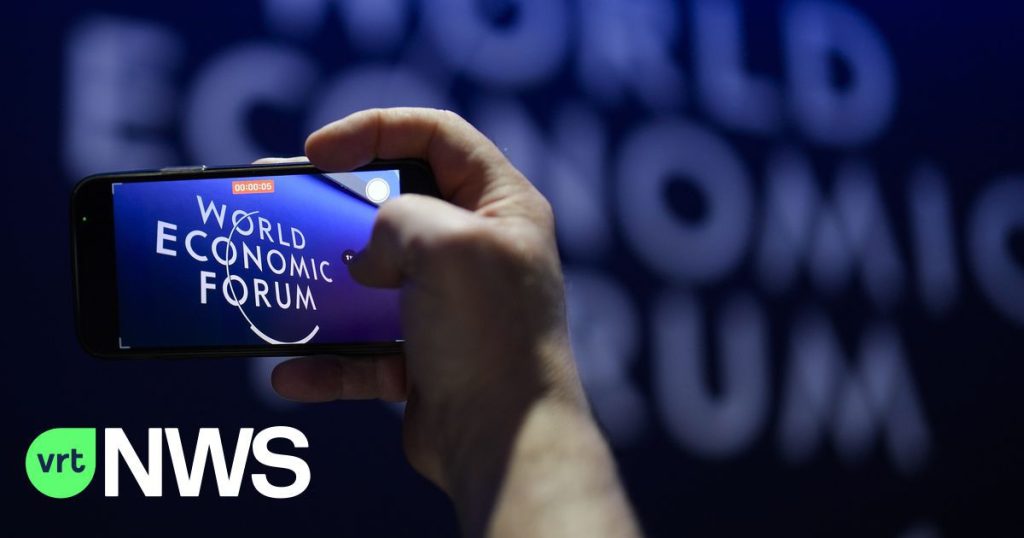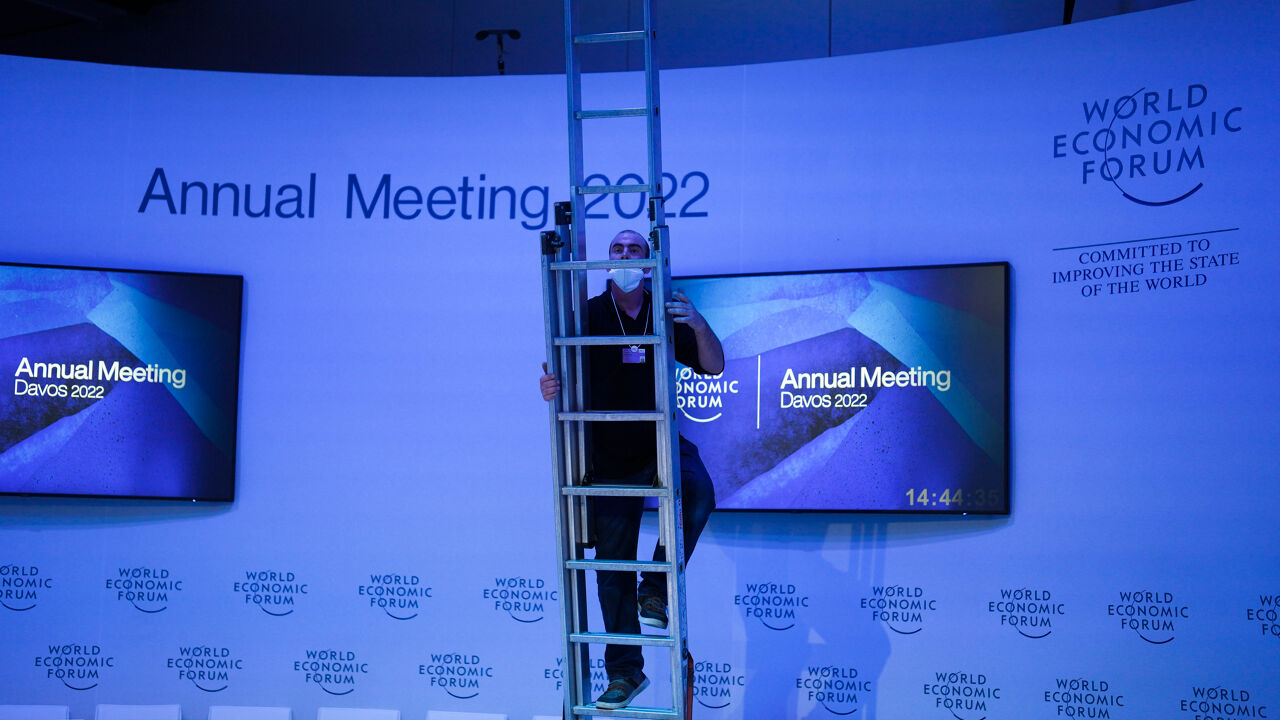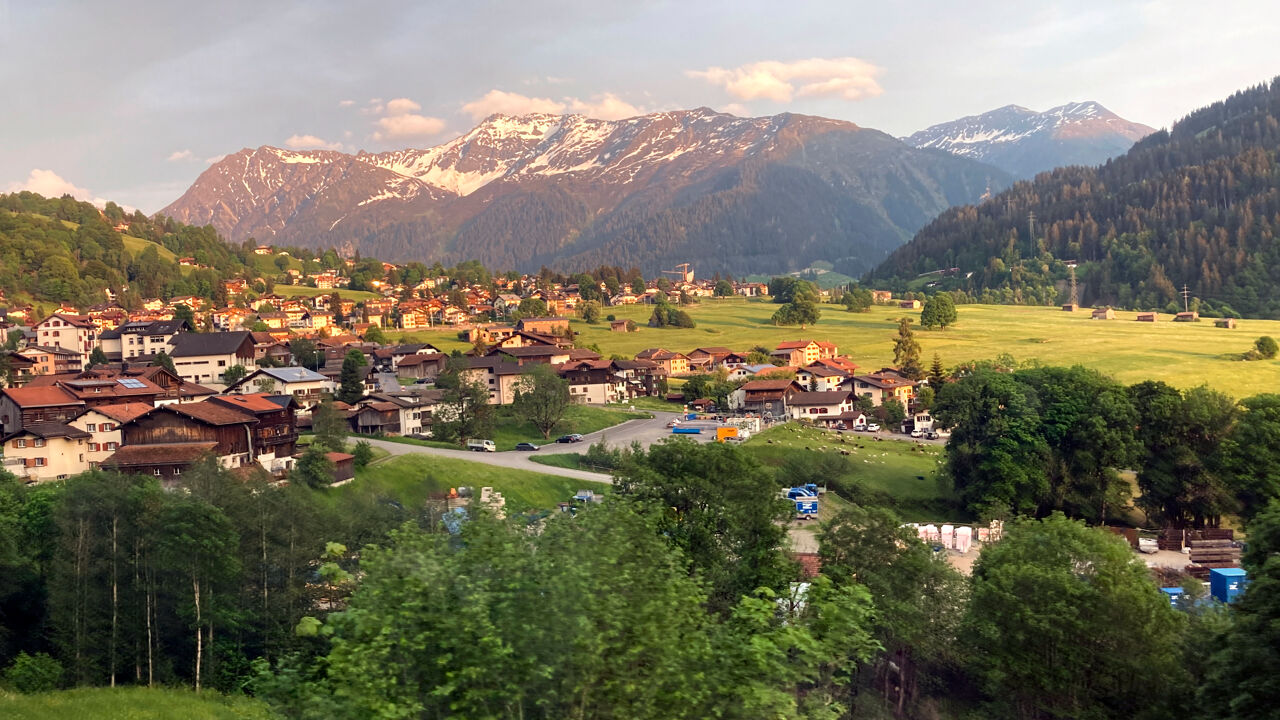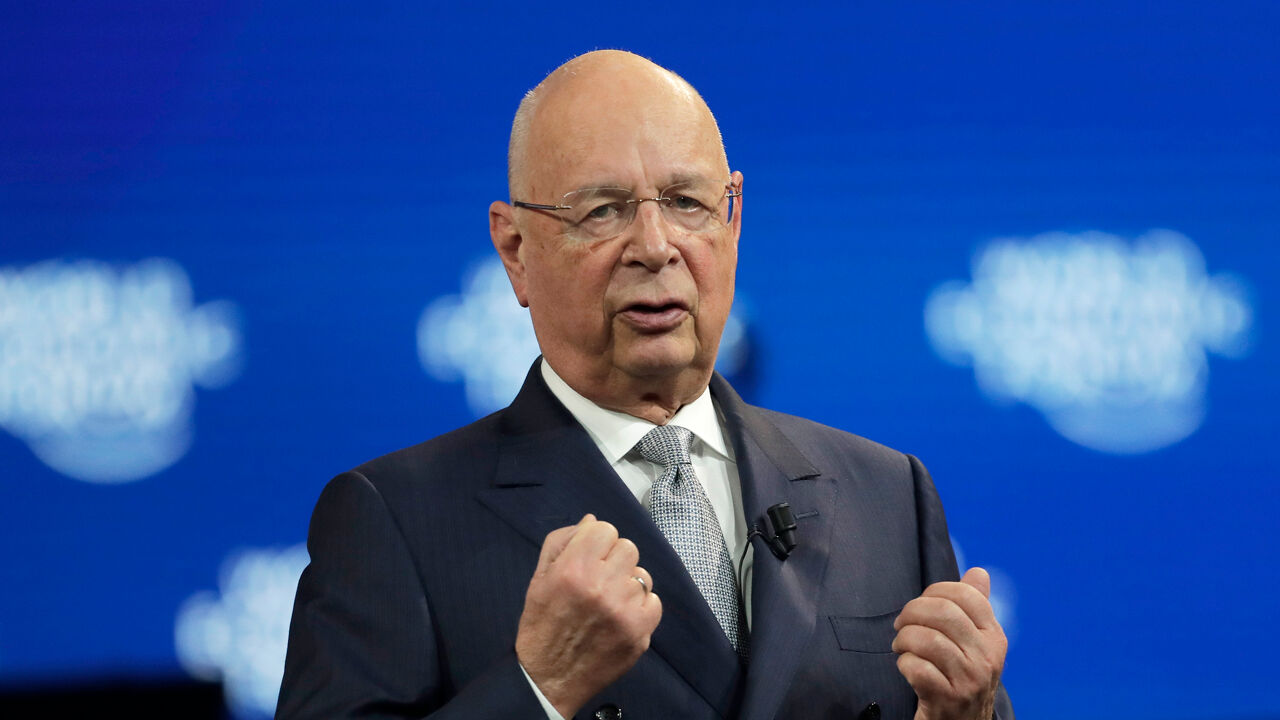1. How dark are the clouds over Davos?
The World Economic Forum usually takes place in mid-January. At the time, Davos was located high in the Swiss Alps, covered in a thick layer of snow. Not so this year. Due to the postponement due to the omikron variable, the World Economic Forum will take place in mid-May and the ski slopes have given way to alpine meadows in full bloom. However, dark clouds are gathering over Davos, as the war in Ukraine and the consequences of Corona in China weigh on the global economy.
Geopolitical uncertainty, unprecedented energy prices, raw materials becoming scarce and expensive, and sky-high inflation seem to reinforce each other into a dangerous mix. No doubt the Davos economic elite will look in the direction of the policy makers, who are also traditionally present at the World Economic Forum, or the central bankers who will line up here in the next few days. But the question is whether they will be able to offer ready-made solutions.
Copyright 2020 Associated Press. All rights reserved
2. Who is (not) in Davos?
The last time the economic and political elite met in Davos was in mid-January 2020. Corona was still a (mainly) Chinese problem at the time, and the guest list looked impressive. Then-US President Trump appeared for the second year in a row, climate activist Greta Thunberg was allowed to speak at the World Economic Forum, and economic and political leaders from almost all over the world came to Switzerland.
The question is which side is more important: the thinking exercise that represents the World Economic Forum or the largest (and most important) networking event in the world
Not so this year. First of all, Russia was not invited because of the war in Ukraine. But it’s not the only empty seats. A small number of participants are also expected to come from China, due to local lockdown measures. In addition, it is noticeable that fewer political leaders come to Davos. Officially because the World Economic Forum has moved from January to May and those agendas have already sufficed. But the growing criticism of the elitist and closed nature of the World Economic Forum will be at least partly responsible.
3. Is Davos more than just a gastronomic destination for CEOs and politicians?
The World Economic Forum likes to present itself as a great intellectual exercise. CEOs, policymakers and other dignitaries from around the world come to the Swiss Alps to reflect together on the world’s problems and the state of the global economy. And for five days, the convention center in Davos was also packed. But the streets around the convention center were much more crowded during the same period. Almost every square meter available has been rented out at exorbitant prices to allow both formal and informal participants to practice this other aspect of the World Economic Forum: communication.
Copyright 2020 Associated Press. All rights reserved
Every table in every restaurant was rented months in advance for casual connections, often over a bowl of cheese fondue and a glass of champagne. The question is which side is more important: the thinking exercise that represents the World Economic Forum or the world’s largest (and most important) networking event. The fact that the World Economic Forum is digital (without a network) may give much less resonance than real meetings over the past two years from Corona.
4. Does everything work? Does Davos really change anything?
History has been made many times at the World Economic Forum in the past, certainly because countries that don’t get along on the forum’s fringes have made real contact again the first time around. But this is not the essence of the World Economic Forum. As a private organisation, the World Economic Forum cannot create binding commitments or direct participants to fulfill their commitments at Davos at home.
The growing gap between rich and poor has already been discussed many times at the World Economic Forum, but when the topic of taxes has already been discussed, many participants shift somewhat uncomfortably in their seats.
But the World Economic Forum pretends that the participants, enriched by the ideas they gained in Davos, will change the world once they return home. The question is whether this will happen. In the previous edition, the climate battle was high on the agenda, but many of the participants flew home again afterwards by private jet. The growing gap between the rich and the poor has also been discussed many times at the World Economic Forum, but when the topic of taxes is ever discussed, many participants change their seats uncomfortably.
5. Does the World Economic Forum have an answer to the important questions?
Criticism of the World Economic Forum as a closed and elitist institution is not new. But these accusations are rising and increasing from more and more directions. In some cases, reference is made to the undemocratic nature of the World Economic Forum, while others see complete conspiracy theories that the World Economic Forum dominates the world economy and especially world politics.
Klaus Schwab, founder and CEO of the World Economic Forum.
Copyright 2020 Associated Press. All rights reserved
The latter is incorrect, but the position of the founder and CEO of the World Economic Forum, Klaus Schwab, raises some questions. A documentary film made a few years ago shows that the man has not only a giant net, but also that the man’s ego is not inferior to the high peaks of the Swiss mountains. In any case, it feeds the criticism of the World Economic Forum from several aspects. Will he and the World Economic Forum adapt in the face of criticism? And if not, how long will the World Economic Forum remain in its current form? The coming years will show that.

“Creator. Award-winning problem solver. Music evangelist. Incurable introvert.”










More Stories
British military spy satellite launched – Business AM
Alarming decline in the Caspian Sea
Lithuania begins construction of military base for German forces